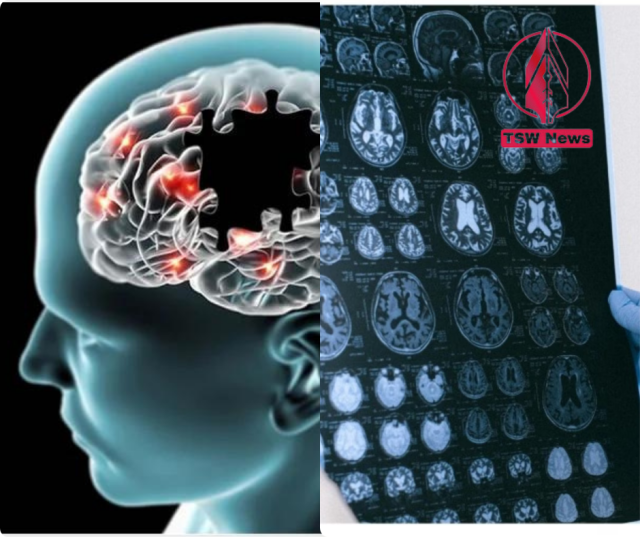Breakthrough in Alzheimer’s Treatment: New Study Reveals Potential to Reverse and Prevent the Disease
- Posted on August 18, 2024
- By Arijit Dutta
- 234 Views
Researchers from the Technical University of Munich have discovered a new treatment target for Alzheimer’s disease, focusing on amyloid beta monomers. The study shows that early intervention with a protein fiber called anticalin could prevent or reverse the disease, offering new hope for future treatments.

In a groundbreaking discovery, researchers from the Technical University of Munich (TUM) have uncovered a potential new treatment for Alzheimer’s disease that could change the course of the condition. The study focuses on amyloid beta (Aβ) monomers, tiny protein fragments previously overlooked in Alzheimer’s research. Unlike the well-known amyloid plaques, these monomers pose a significant threat at the early stages of the disease, potentially causing damage before plaques even form.
The study suggests that by targeting these Aβ monomers early on, it may be possible to prevent Alzheimer’s from taking hold, offering hope to millions affected by this debilitating condition. The research team developed a protein fiber called anticalin, also known as H1GA, which acts as a molecular sponge. It absorbs the harmful Aβ monomers before they can clump together and cause significant brain damage.
Initial tests conducted on mice have shown promising results. The Aβ-anticalin was administered directly to the hippocampus, a critical area for memory and learning, in mice genetically engineered to develop Alzheimer’s. The treatment effectively reduced excessive neuronal activity, a precursor to Alzheimer’s, and maintained normal brain cell function.
While the anticalin treatment is not yet available for human trials, the successful outcomes in mice provide a hopeful pathway for future Alzheimer’s treatments. Researchers are optimistic that this new focus on early intervention could lead to more effective ways to combat the disease, potentially reversing or preventing its progression.




